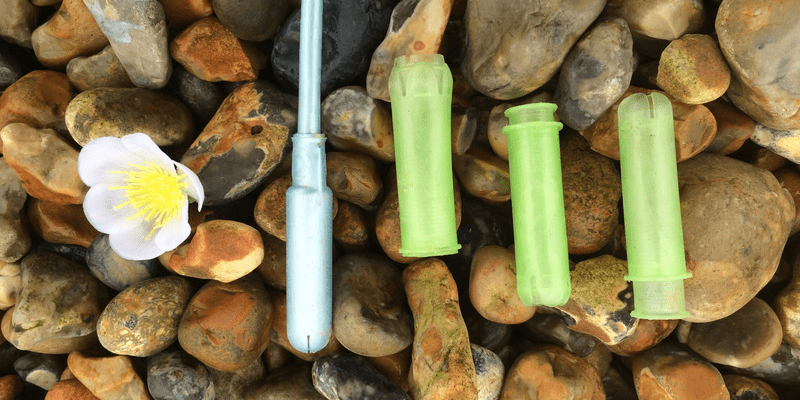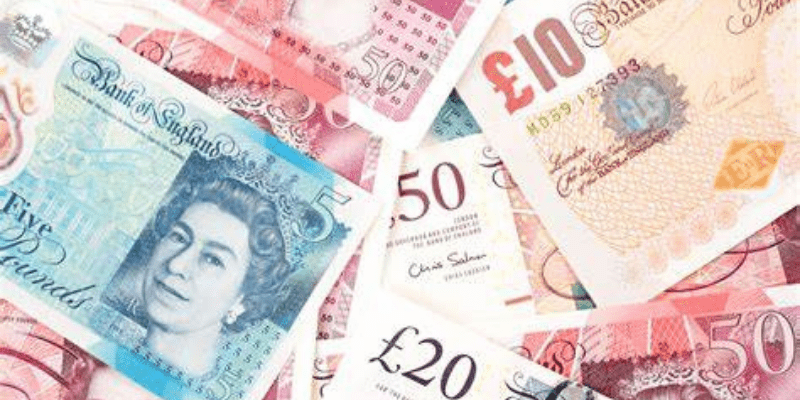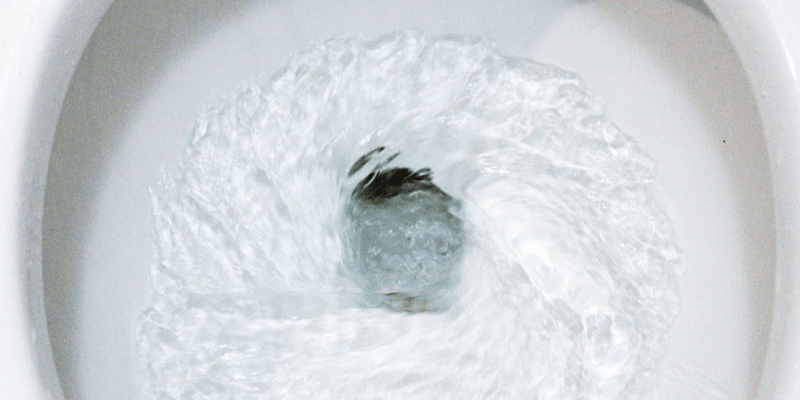Exclusive poll explores periods, plastics and the public’s perceptions
The bloody facts
As part of our award-winning plastic-free periods’ campaign, we’re always looking to better understand the barriers and challenges to people accessing and using plastic-free period products. This year we carried out the largest-ever research with polling company One Poll. They asked 750 people from the UK with periods about the products they use and how this relates to plastic pollution.
And the results tell us some good news… but they also highlight some bloody serious issues we need to address. Here’s a breakdown of what we found out.
In short, people are still flushing plastic filled period products. But our results suggest that the more people know about what’s in their period products, the more likely they are to switch to environmentally friendly alternatives. These results are, we think, a story of empowerment: knowledge about what we put into our bodies empowers us to make better choices for ourselves and for our planet. Period.

Knowledge is power
Our survey found that 64% of users were unaware that big brands like Lil-lets, Tampax, Always and Bodyform, tampons and pads contain a significant amount of plastic in the products themselves.
Some (23%) were aware that tampons did but thought pads didn’t, while others (22%) thought pads did while tampons didn’t. Those aged over 36 were much less likely to know about plastic in period products. Only 27.5% of those over 36 years did not know about plastic in period products at all.
“These latest findings reinforce what we’ve known for years – plastic in our period products is creating a global environmental issue yet most people have no idea about the damage they’re doing to the environment, or worse, to their bodies.”
Crucially, however, it also illustrates the strength of feeling amongst consumers for big brands and manufactures to step up and take responsibility. By promoting reusable products and taking plastic out of disposable products, they will not only be doing what is right for the planet, but also what their customers clearly want from them. It’s time for them all to decide, will they be part of the problem or part of the solution?”

Turning the tide on period pollution
The results show that 46% are concerned about the impact of product ingredients on the environment. And this rose even higher to 57% in those aged 18-25 years. Of those that were aware that period products contain plastic, 91% worried about period products’ impact on the environment – suggesting raising awareness levels was key to changing consumer behaviour.
- A big-brand pack of 14 menstrual pads contains the same amount of plastic as 5 carrier bags. And each pad can be made of up to 90% crude oil.
- 200,000 tonnes of menstrual waste is landfilled each year in the UK.
- A staggering 3 billion disposable menstrual products are used every year in the UK alone.
There was overwhelming support (79%) for the idea that big brands should be doing something to address the issue of plastic in period products. With 74% saying they would significantly respect a brand more if they got rid of plastic content and 66% saying they would try a different brand if they got rid of plastic.

Organic tampons, period pants and reusable cups!
When asked about the different period products available, there was significant interest in finding out more. 30% said they would be interested to know about plastic-free pads/ liners with 18-25 years olds expressing the biggest interest. Again, there was an overlap between knowledge of plastic content and interest in trying alternative products. 80% of those interested in plastic-free alternatives had previously been aware of plastic in some period products.

Cash back
Periods are expensive! And our survey found almost two-thirds (62%) were aware that they could save money by switching to reusable products. Again, this was weighted towards young people with 78% of 18-25s and 68% of 26-35s saying they knew they could save money by switching to reusable products.
Research suggests that by switching to a reusable period product, you can save up to 94% of what you would have spent on single-use tampons and pads over your menstruating lifetime!

Period – product disposal – drama
Disposing of period products doesn’t have to be a drama. But 28% of respondents said that they flushed tampons down the loo while 9% said they flushed period pads/liners. As we know, this causes huge environmental problems including sewage blockages – not great for us or the planet!
The most often cited (53%) reason given for flushing products down the loo was “unaware a tampon shouldn’t be flushed”, while 41% believed it was the most hygienic form of disposal. Other reasons included; habit (30%), no bins provided (29%), embarrassment (19%) and didn’t want to touch menstrual blood (17%).
The good news however is that 75% said they would change their behaviour having been told that disposing of period products down the toilet can block sewers and cause wastewater to overflow into our waterways. Through raising awareness of the issue, our Plastic Free Periods campaign is helping to change people’s behaviour in relation to flushing and choosing period products.

